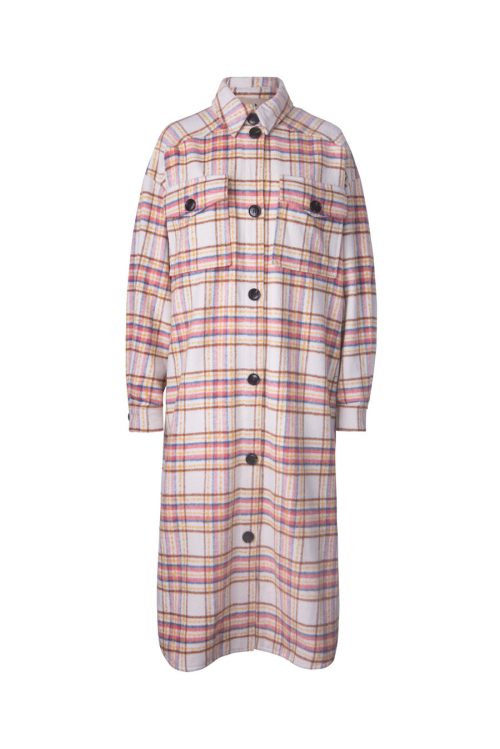
The garment industry is undergoing a significant transformation, with ethical garment manufacturing at the forefront of this change. This shift reflects a growing global commitment to responsible production practices in fashion.
Core Principles of Ethical Manufacturing
Ethical garment manufacturing is built on principles like fair labor practices, safe working conditions, and equitable wages. Transparency and accountability are also vital, ensuring that every stage of the production process aligns with ethical standards.
Positive Impacts on Workers and Their Communities
The adoption of ethical practices in garment manufacturing has profound effects on workers and their communities. It promotes better living standards, education, and overall well-being, as evidenced by various successful ethical manufacturing initiatives around the world.
Overcoming Challenges to Ethical Production
While the move towards ethical manufacturing is positive, it’s not without challenges. These include the cost implications of ethical practices and the complexities of ensuring compliance across global supply chains. However, with concerted efforts and innovative strategies, these challenges can be navigated.
Looking Forward: The Evolution of Ethical Manufacturing
The future of ethical garment manufacturing is promising, with trends indicating a growing emphasis on responsible production. Technological advancements are expected to play a significant role in enhancing ethical practices, leading to a more sustainable and conscientious fashion industry.




